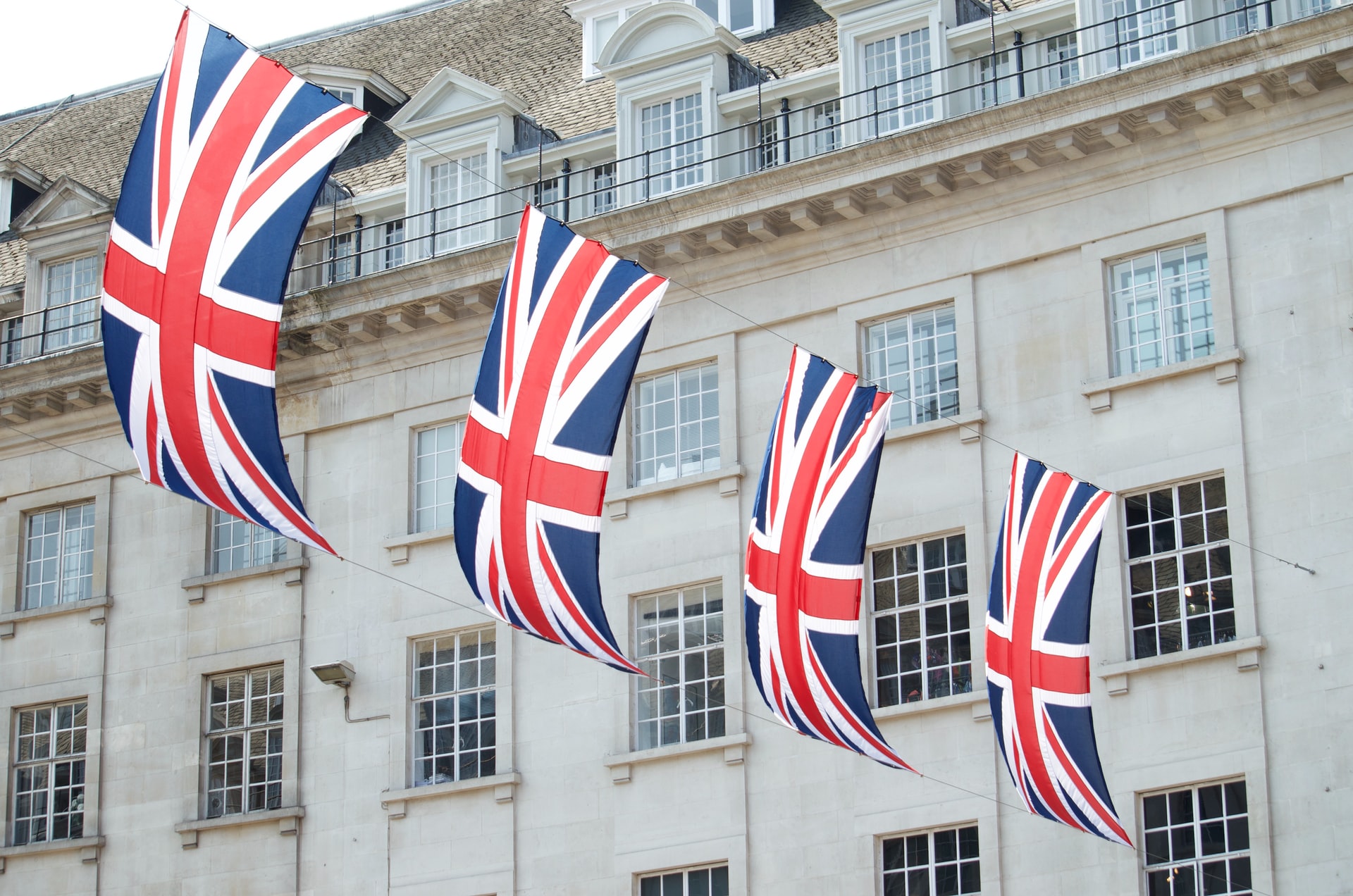The United Kingdom is finally shedding nearly all COVID-19 restrictions, looking toward a full economic re-opening. Prime Minister Boris Johnson is set to lift mask mandates and self-isolation regulations within weeks while travel related restrictions have eased, all of which would set the UK economy up for a boost in 2022.
Further, UK equities are off to a strong start this year as investors increasingly shift away from US stocks in favor of European and EM equities. A global tilt toward value over growth has boosted UK equities in the last few months, a trend that is likely to continue in a rising interest rate environment. UK stocks remain significantly undervalued, but new economic developments could spark outperformance in 2022.
Related ETF: iShares MSCI United Kingdom ETF (EWU)
UK Economy Looks Toward an Easing of COVID-19 Restrictions
The United Kingdom just posted its highest annual GDP growth rate since 1941 as the country continues to recover from the COVID-19 pandemic. Despite some virus-related restrictions lingering throughout the year, the UK economy expanded by 7.5% in 2021, making Britain the fastest-growing advanced economy, per Bloomberg.
The UK is set to struggle with higher inflation and slower wage growth, yet the British economy is still projected to outperform all of the G-7 nations in 2022. IMF’s new forecast has the UK growing faster than the US and on par with China as their recovery continues to play catch-up compared to other major economies.
A surge in COVID-19 cases amid the new Omicron variant had stalled the UK comeback bid, but recent data shows the country is ready to eliminate all virus-related restrictions in a bid to boost economic growth.
According the MarketWatch, total retail sales bounced back in January 2022, rising 8.1% compared to the same month in 2021. Paul Martin, KPMG’s UK Head of Retail, notes that an easing of restrictions and people heading back to workplaces helped keep consumer confidence afloat, offsetting rising cost challenges.
Consumers are looking to spend more on dining as well, as Reuters reports that restaurant reservations for the week ending January 17 were 93% of the equivalent pre-pandemic week as COVID-19 cases across the region were cut in half. Consumer spending on credit and debit cards also increased to 85% of February 2020 levels.
Further, it’s been reported that UK employees that work from home end up spending less, yet the number of work-from-home consumers is likely to fall in the coming months. Last Week, Prime Minister Boris Johnson signaled an early end to all coronavirus restrictions in England, while also announcing he will be presenting the government’s “living with Covid” strategy on February 21.
The UK also announced it would be dropping the testing requirements for fully vaccinated travelers entering the country, primarily due to the success of the UK’s vaccine and booster rollout. The easing of international travel restrictions makes the UK one of the most free-flowing borders in the world, sending the message that they are open for business.
The news could give a much-needed boost to their travel sector. VisitBritain CEO Sally Balcombe notes their top priority is to capture pent-up travel demand and build back visitor spending as quickly as possible, as international visitors contribute billions to the economy.
As the United Kingdom looks toward a complete return to normal in 2022, UK equities remain significantly undervalued compared to their global counterparts and…
To read the complete Market Insight, current clients SIGN IN HERE For a free trial, or to subscribe and become an MRP client today, START A FREE TRIAL Once you’re logged in, you’ll also gain access to:










